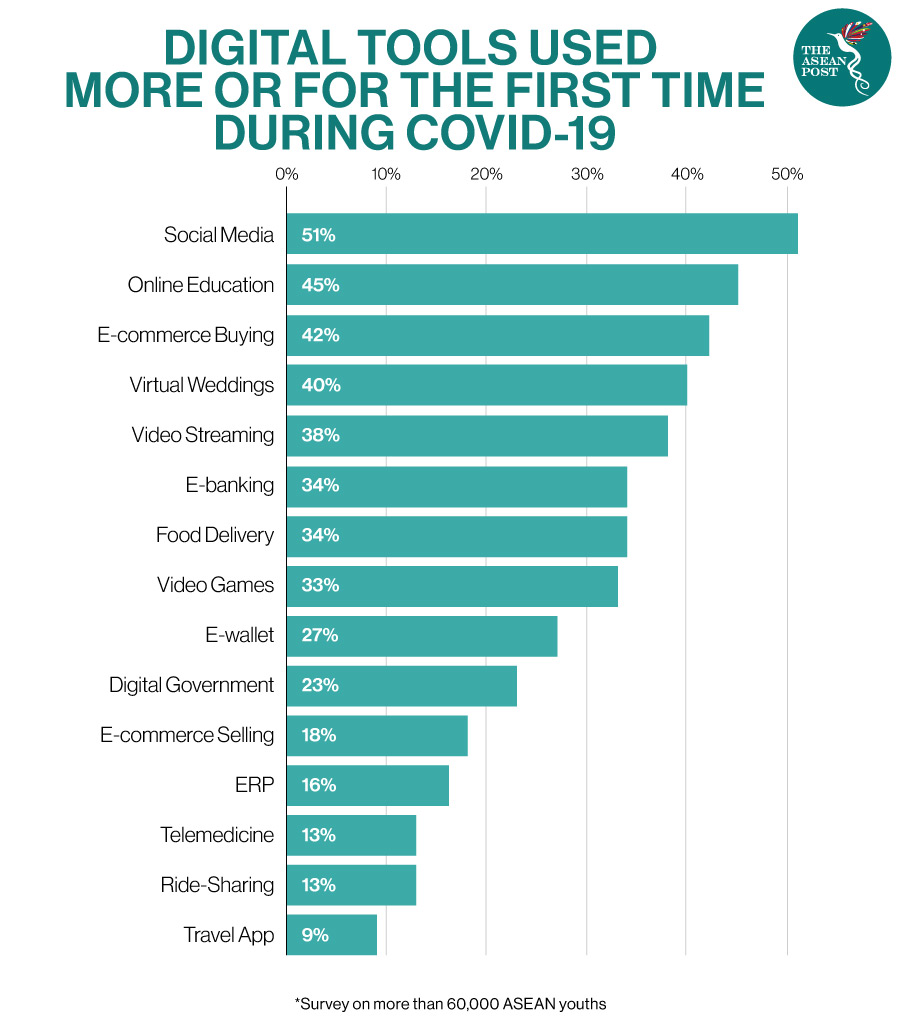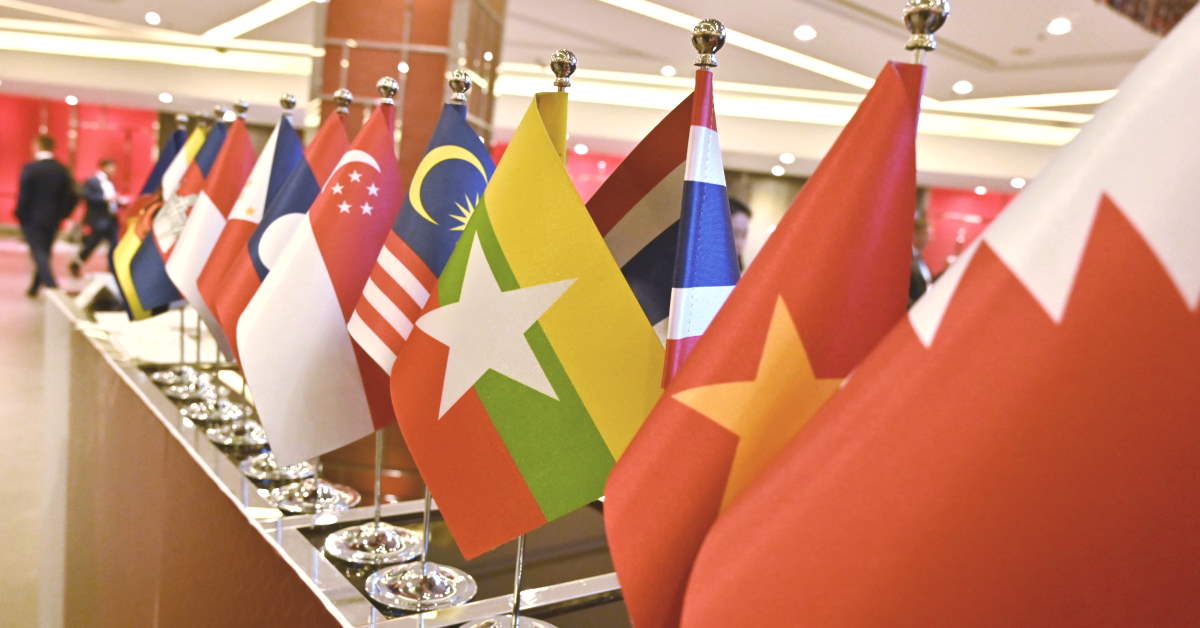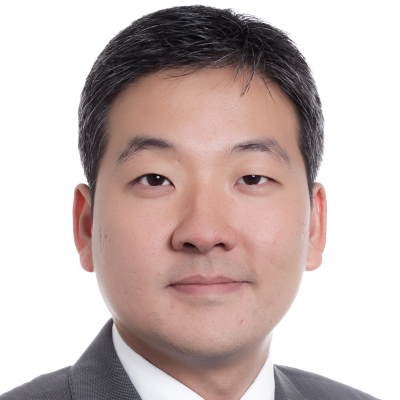The COVID-19 pandemic has caused prolonged socio-economic disruptions in the ASEAN region, exposing fundamental weaknesses and vulnerabilities in various sectors. Yet with steady measures in countries including Vietnam and Singapore, coupled with the promise of vaccine rollouts, there is optimism for a speedy recovery.
If the region’s growth can be restored to pre-pandemic levels, its combined gross domestic product (GDP) is projected to be the fourth largest economy in the world by 2030. To accomplish this, the region must prioritise several key actions to support sustainable, resilient growth.
Ensure Effective Cooperation
Effective cooperation among ASEAN member states has been the fundamental principle for the community since its inception. The pandemic, which does not recognise national borders, is accelerating coordinated action to deploy many of the region’s on-going initiatives and programmes, which will contribute to the bloc’s deeper integration.
Together, ASEAN governments agreed to establish the COVID-19 ASEAN Response Fund, set up the ASEAN Regional Reserve of Medical Supplies, and most recently approved the Comprehensive Recovery Framework for ASEAN and its Implementation Plan (ACRF). The framework sets broad strategies and implementing measures to address the region’s socio-economic challenges in three different phases from short-term reopening stage to medium- and long-term recovery stage and longer-term resilience and sustainability.
Besides cooperation between its own members, ASEAN also actively embraced multilateral cooperation with external partners. ASEAN concluded the Regional Comprehensive Economic Partnership (RCEP) agreement with five of its key trading partners: Australia, China, Japan, Korea and New Zealand.
Representing 30 percent of global GDP and 30 percent of the world’s population, the RCEP is the biggest regional free trade agreement to date and is projected to add US$186 billion to the world’s economy through improved regional trade.
ASEAN has also recognised the importance of public-private partnership, especially when responding to future public health emergencies and addressing regional issues such as infrastructure gaps, financing gaps and skills gaps. During the pandemic, examples of these partnership include the cooperation between logistic providers, donors and humanitarian agencies for delivering hygienic supplies, offering a free mobile health app, forming country-specific industry-led alliances for actions, and launching joint action to improve efficiency for COVID-19 vaccine and medical equipment imports.
Expand Connectivity And Digital Transformation
ASEAN was quick to address how the disruptions to supply chains and connectivity would destabilise economic recovery. The Hanoi Plan of Action on Strengthening ASEAN Economic Cooperation and Supply Chain Connectivity in Response to the COVID-19 Pandemic was a collective response to collaborate on the flow of essential goods, including food, medicines and medical supplies, while also enhancing the resilience of its regional supply chains.
The region also witnessed an unprecedented level of digital transformation. A survey conducted by the World Economic Forum (WEF), in collaboration with Sea, on more than 60,000 ASEAN youths revealed that they adjusted to the COVID-19 environment by significantly increasing their digital footprint.
87 percent of youths increased usage of at least one digital tool during the pandemic, 42 percent of youths picked up at least one new digital tool, and one in every four e-commerce sellers was a first-time user. A significant majority of youths confirmed their intended permanent use of digital tools beyond the pandemic.

To support this trend with policy and regulation, ASEAN moved forward with regional policy efforts, including a framework for cross-border payments, a plan to promote smart manufacturing and guidelines for the 5G ecosystem.
ASEAN is also developing a consolidated strategy on the Fourth Industrial Revolution. To complement ASEAN’s efforts, the WEF’s Digital ASEAN Initiative is bringing people together to pursue solutions on data policy, digital skills, e-payments and cybersecurity.
Such a shift to digital, coupled with adequate investments in digital infrastructure quality and digital skills, will enable entrepreneurship to thrive.
Invest In Sustainability
ASEAN must aim to both, cushion the economic impact of the pandemic and incentivise environmental-friendly investment. Sustainability is listed as one of the five key strategies for the community’s recovery efforts.
Building on existing initiatives including the ASEAN Green Bond Standards, the ASEAN Social Bond Standards, the ASEAN Sustainability Bond Standards and the ASEAN Catalytic Green Finance Facility, the community also created Sustainable Development Goals (SDG) indicators. The WEF’s Global Plastic Action Partnership has launched two national partnerships in the region, in Indonesia and Vietnam to tackle plastic pollution.
With technological advances enabling wider adoption of clean and renewable energy and the accelerated changes in policy, trade regulations and consumer sentiments, ASEAN should collaborate with its partners, development agencies and the private sector to support the region’s investment in a clean future.
The WEF’s virtual Davos Agenda event and the special Annual Meeting in Singapore in May, present opportunities for ASEAN leaders to come together to forge deeper collaborations, enhance digital transformations and invest in a sustainable future, allowing the community to serve as a model for change and a sign of hope for the region and beyond.
This article is part of the World Economic Forum’s The Davos Agenda, 25-29 January, 2021.
Related Articles:


